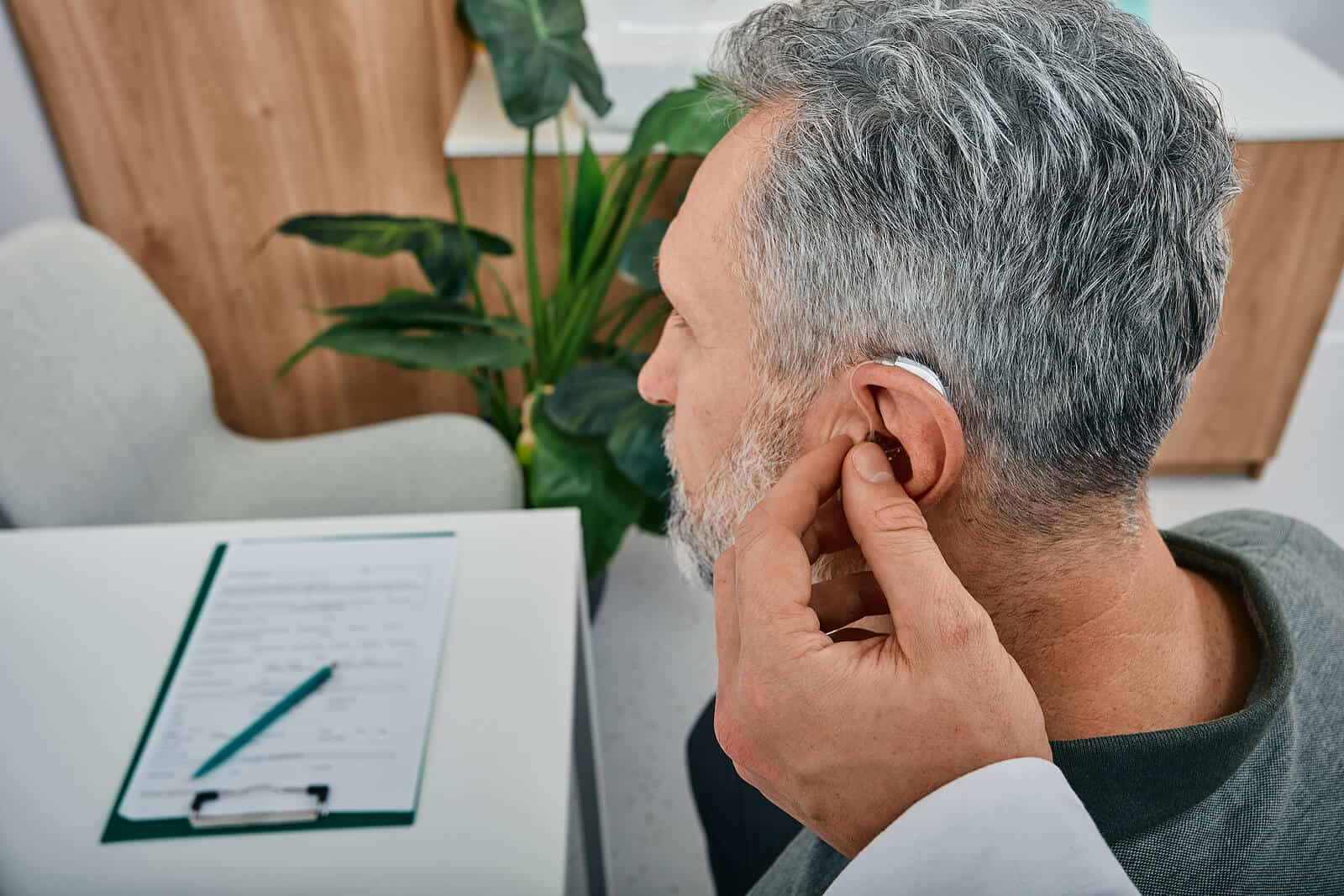If you’re reading this article, chances are you either mistyped something into your google search or someone you care about is considering hearing aids. First of all, kudos to you for taking this important step towards improving your hearing health. With the advances in technology, hearing aids have come a long way and can make a significant difference in your quality of life. However, choosing the right hearing aids can be a daunting task with so many options available in the market. In this guide, we’ll walk you through the key factors to consider when selecting hearing aids.
Consultation with an Audiologist
Before you start exploring different hearing aid options, it’s crucial to consult an audiologist. They are the experts who can evaluate your hearing needs, perform necessary tests, and provide personalized recommendations. Audiologists will assess the severity and type of your hearing loss, discuss your lifestyle and communication requirements, and help you make an informed decision about the most suitable hearing aids for you.
Type and Style of Hearing Aids
Hearing aids come in various types and styles, each catering to different hearing needs and personal preferences. The common types include behind-the-ear (BTE), in-the-ear (ITE), in-the-canal (ITC), and completely-in-the-canal (CIC) hearing aids. BTE aids are larger but offer more power, while ITE, ITC, and CIC aids are smaller and more discreet. Consider factors such as comfort, visibility, and dexterity when selecting the style that suits you best.
Technology Level
Hearing aids have witnessed remarkable advancements in recent years, offering different technology levels to address specific hearing requirements. The technology level determines the device’s processing capabilities, noise reduction features, connectivity options, and overall performance. Advanced models often come with features like directional microphones, automatic volume adjustment, and Bluetooth connectivity for seamless integration with smartphones and other audio devices. Assessing your lifestyle and the listening environments you frequently encounter is important to determine the appropriate technology level that aligns with your needs.
Hearing Aid Features
Beyond the technology level, hearing aids offer a range of features designed to enhance your listening experience. Here are a few key features to consider:
- Noise Reduction: Look for hearing aids that employ noise reduction algorithms to minimize background noise, allowing you to focus on conversations and important sounds.
- Feedback Suppression: Feedback or whistling sounds can be a common issue with hearing aids. Choose devices with advanced feedback suppression technology to eliminate or reduce feedback occurrences.
- Telecoil: A telecoil or T-coil allows you to connect with hearing loop systems commonly found in theaters, places of worship, and other public venues, providing direct sound transmission and improved clarity.
- Rechargeability: Opting for rechargeable hearing aids can save you the hassle of constantly replacing batteries. Look for models that offer long battery life and convenient charging options.
- Wireless Connectivity: If you enjoy streaming audio from your smartphone or other devices, consider hearing aids with wireless connectivity features. This allows you to stream phone calls, music, and other audio directly to your hearing aids for a seamless listening experience.
Fit and Comfort
Comfort is paramount when it comes to wearing hearing aids. They should fit well and feel comfortable throughout the day. Improperly fitted devices may cause discomfort, soreness, or even feedback issues. Make sure to work closely with your audiologist to achieve an optimal fit. They can adjust the devices to suit your unique ear shape and size. Additionally, inquire about the trial period to ensure you have enough time to assess the comfort and effectiveness of the hearing aids in different environments.
Cost and Insurance Coverage
Hearing aids can be a significant investment, and their cost can vary widely depending on the brand, technology level, and features. Before finalizing your decision, discuss the pricing options with your audiologist. Also, check if your insurance covers hearing aids or if there are any financial assistance programs available. Remember, the long-term benefits of improved hearing health often outweigh the initial investment.
Support and Warranty
When purchasing hearing aids, consider the after-sales support provided by the manufacturer or the hearing care professional. A warranty that covers repairs and maintenance is crucial. Additionally, inquire about the availability of follow-up appointments, ongoing support, and adjustments to ensure your hearing aids continue to meet your evolving needs.
Final Thoughts
Selecting the right hearing aids requires careful consideration of your hearing needs, lifestyle, and personal preferences. Remember, investing in your hearing health is an investment in your overall well-being and quality of life. So, take that first step towards better hearing and enjoy the sounds of the world around you.
We hope you found this information helpful. If you have any further questions regarding hearing aids, listening assistive devices or just general hearing health, please contact us! Our professional staff are waiting to assist you.

